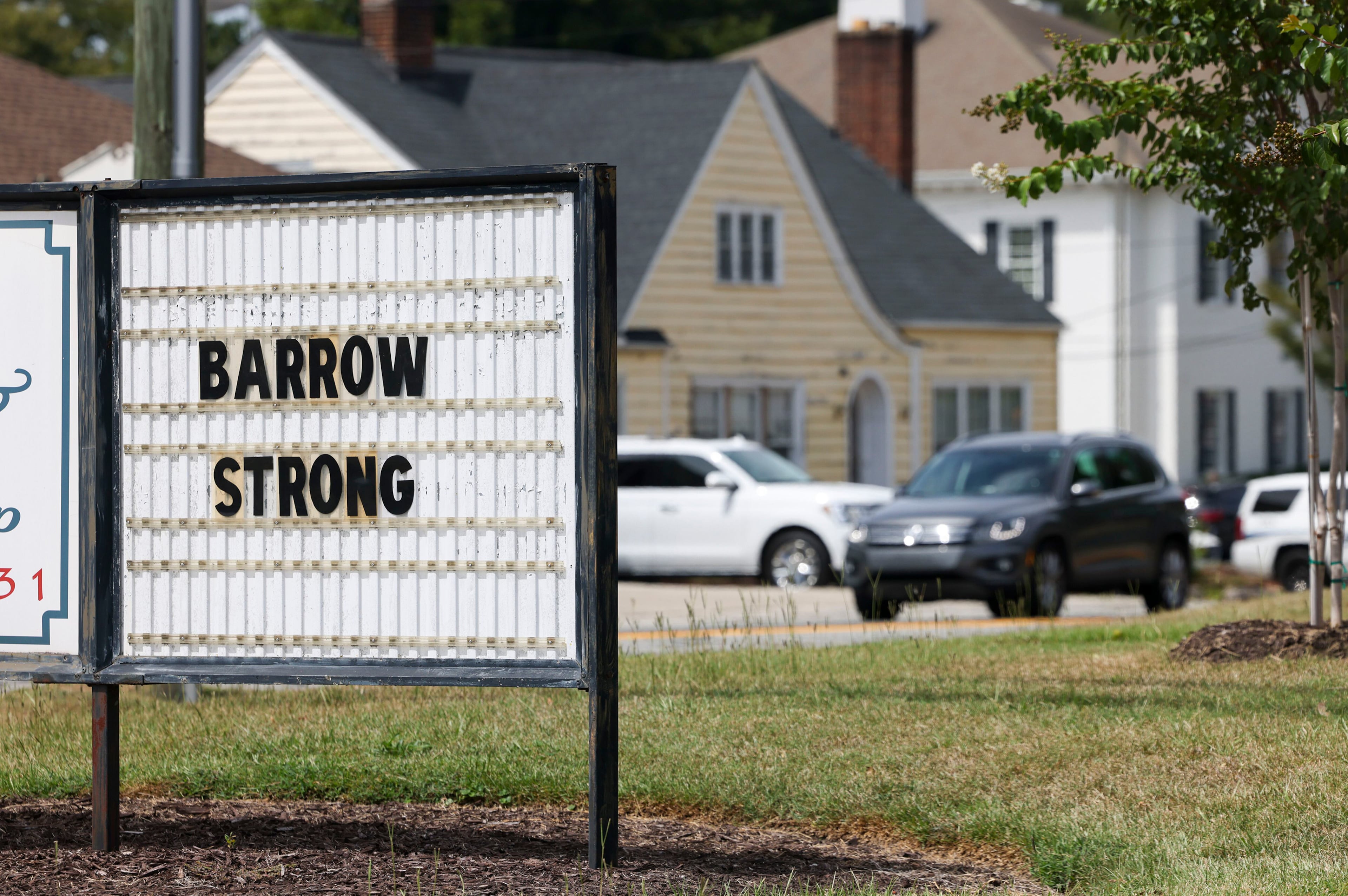Student leaders say UGA hard but helpful

This month’s inauguration of three African-American students to all three top positions in the University of Georgia’s student government association prompted The Atlanta Journal-Constitution to take a closer look at the university’s long-standing struggle to increase black student enrollment at the state’s flagship university.
The new leaders are:
President: Ammishaddai Grand-Jean, 21, a third-year student from Jonesboro majoring in political science and economics
Vice president: Charlene Marsh, 20, a third-year political science and international affairs student from Norcross
Treasurer: Destin Mizelle, 20, a third-year psychology major from College Park
The AJC conducted a group interview with the new student leaders about the presence of African-American students on campus. Here are excerpts:
Q: How did you make the adjustment?
Marsh: There were students here who mentored me. They knew, basically, how things worked at UGA and how to navigate a (predominately white institution), specifically as a black woman. That really helped the transition.
Q: What did they tell you?
Marsh: Expand your horizons and to not be afraid to speak to different people.
Q: What was the toughest part of making the transition to UGA?
Mizelle: UGA expects the best. It can be academically tough. To be in a classroom and just you, you're the only African-American person and you feel you have no one to talk to or have a study group together, it's hard to adjust to and it makes you feel kind of average … It took a minute to realize I'm far from average and doing a lot of soul-searching and pride-building.
Q: What has UGA done to assist in the transition?
Grand-Jean: They have a lot of programs. One is Road Dawgs. I serve in that. To meet students who look like me. All three of us did. To go to different schools and tell them why UGA is the place for them … I think that us being (student government association) execs sends out a message that 'Hey, there are black students at UGA.' They come from Atlanta and College Park. We're all here and thriving … I think a lot of African-Americans have the academics to get in, and they have to decide is it the right place for them and it is.


